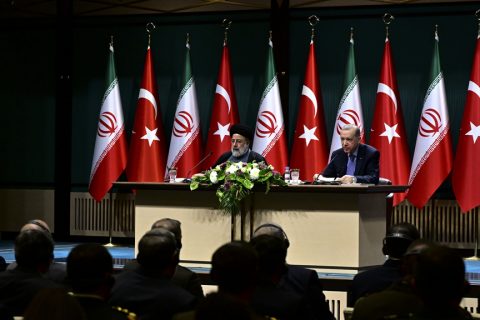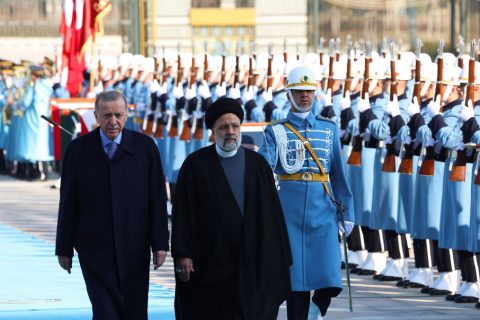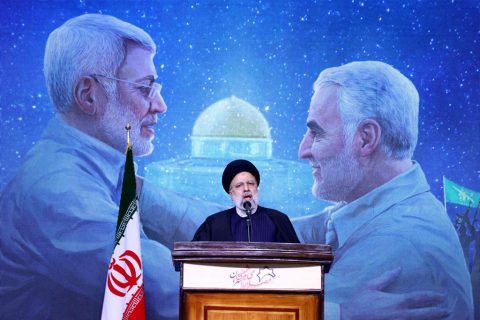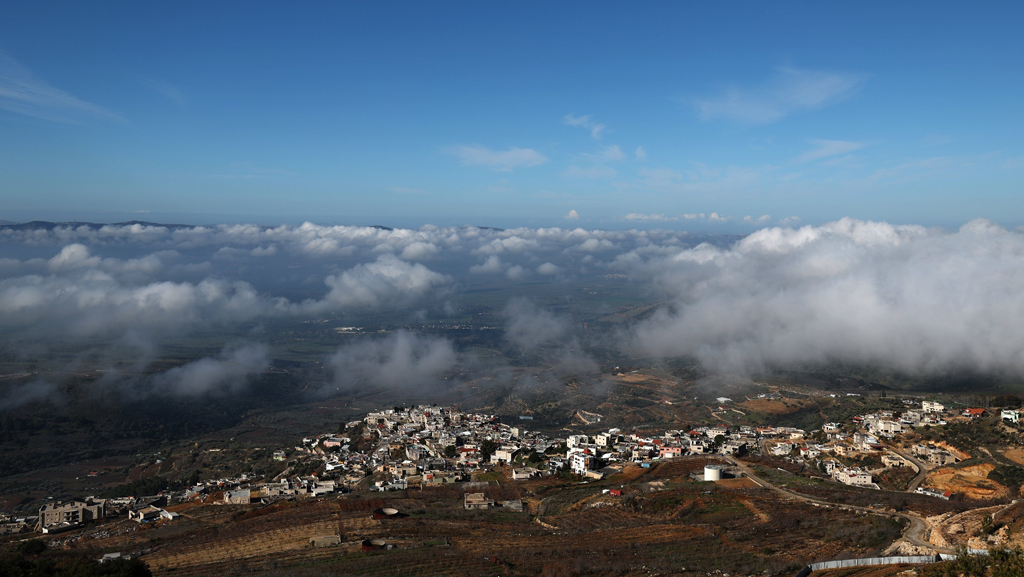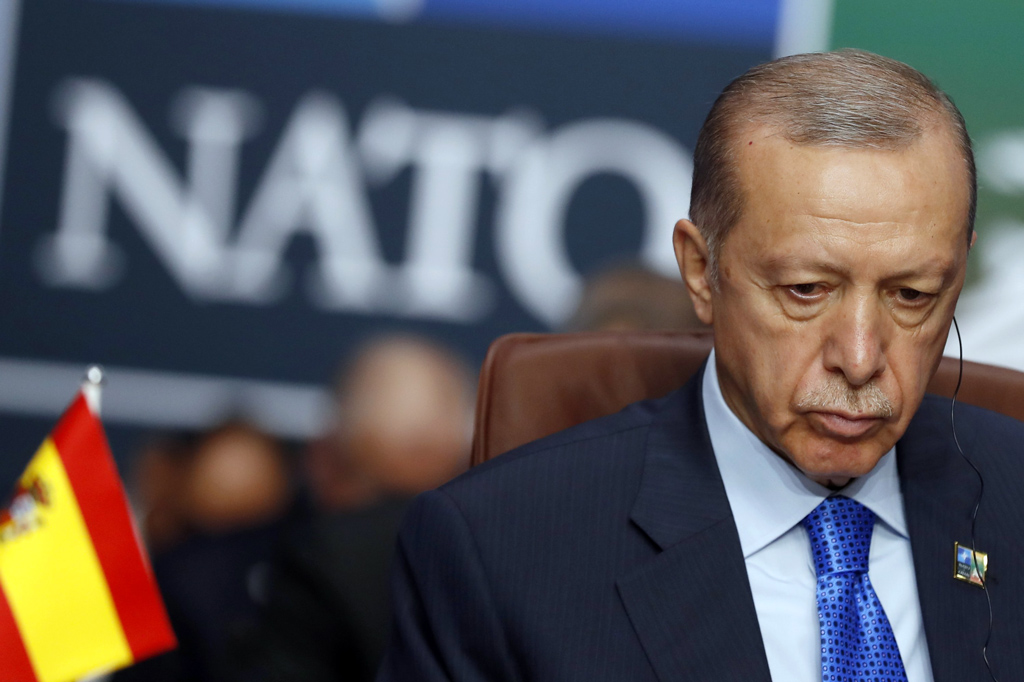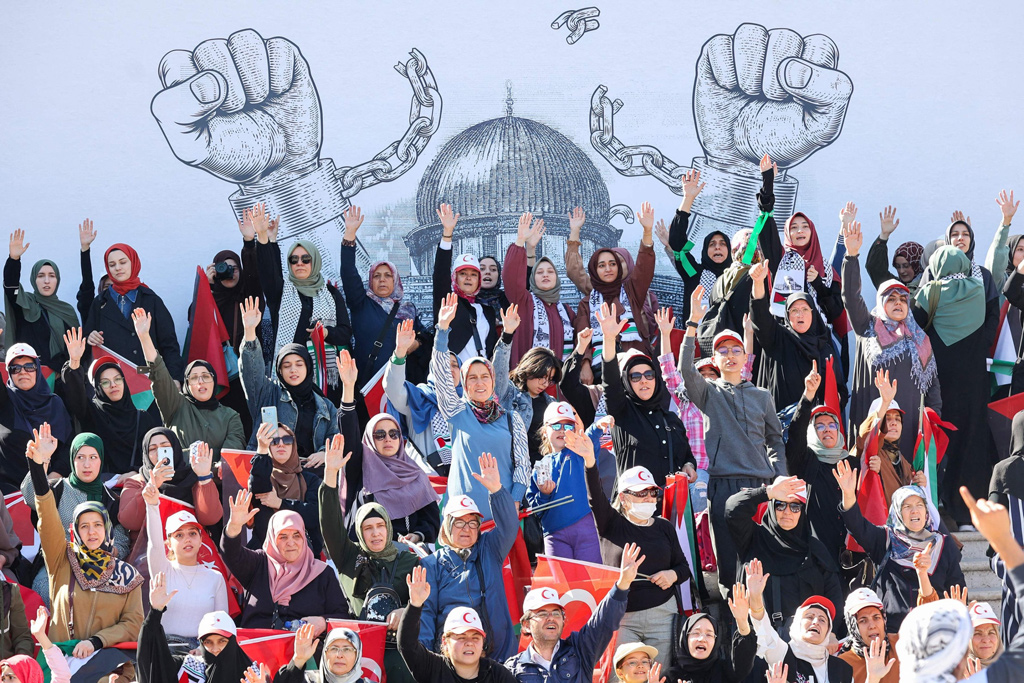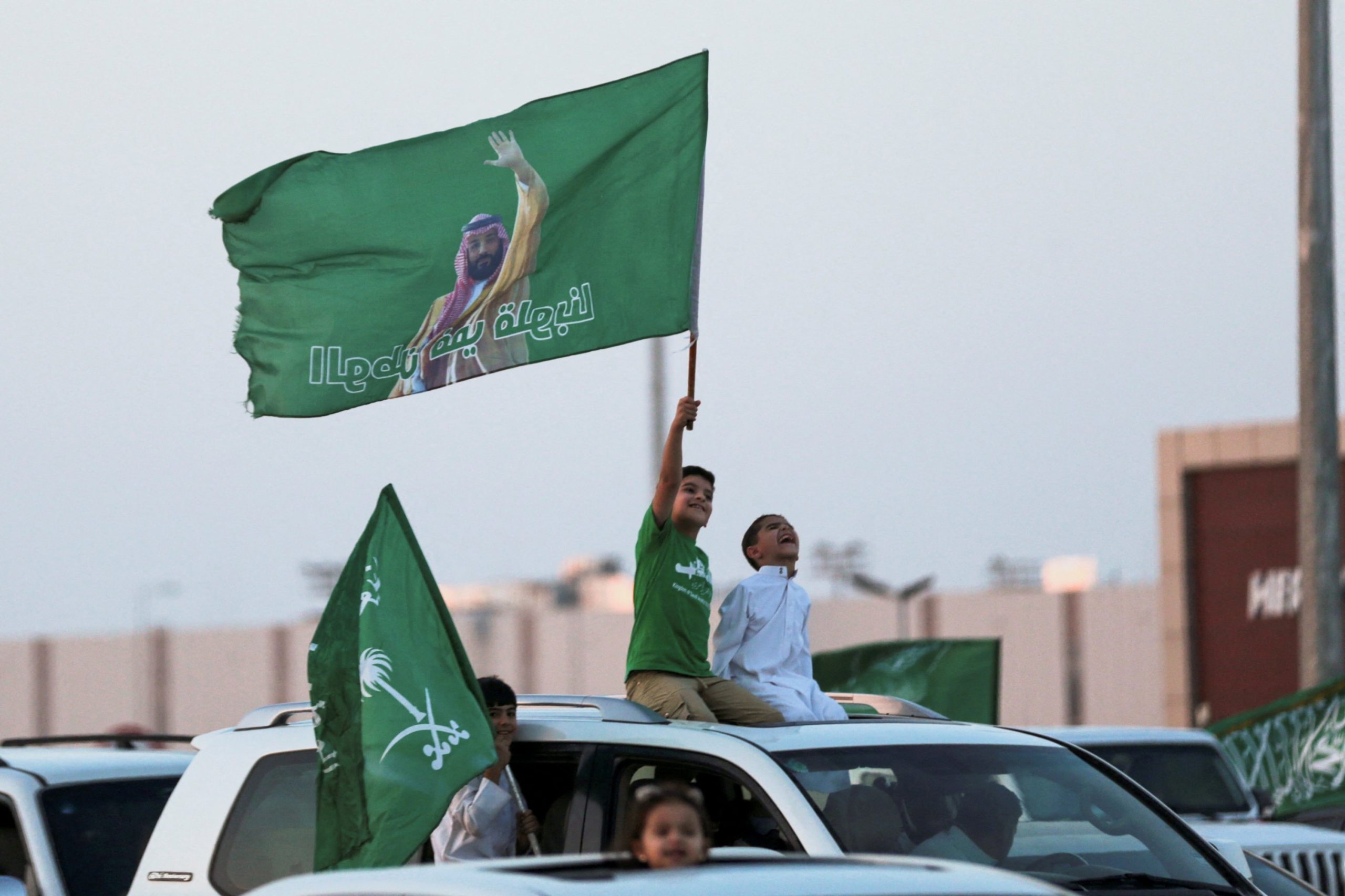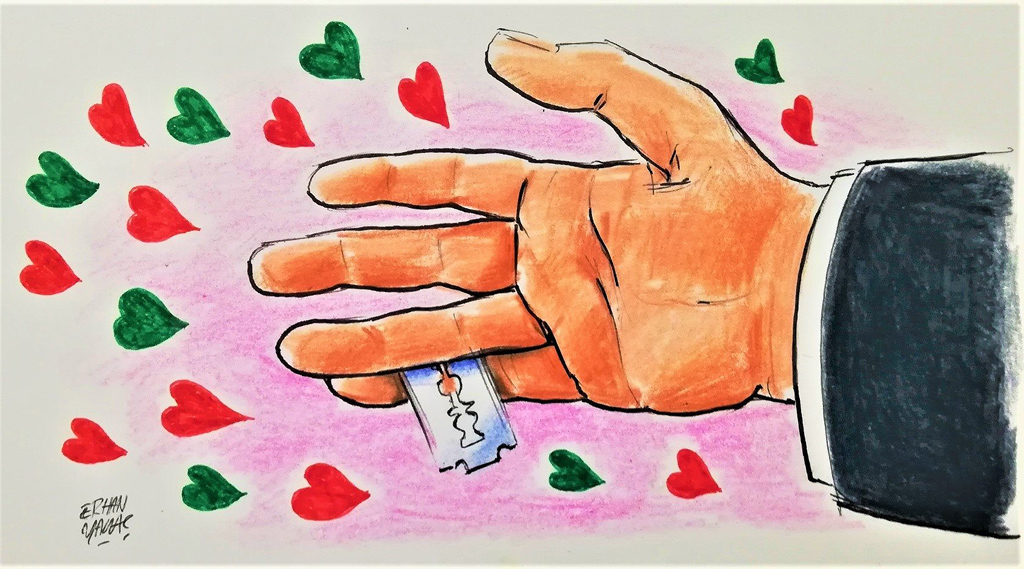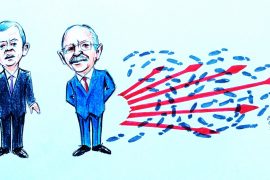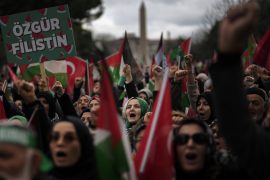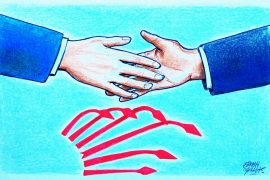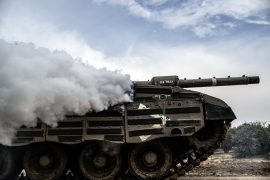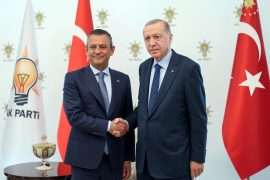Axis of Resistance
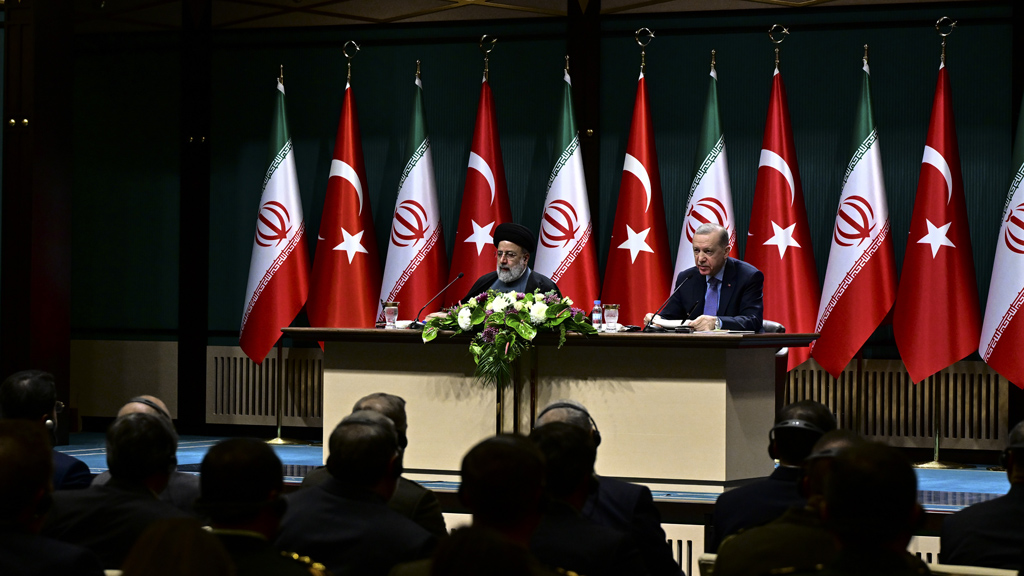
After approval of Sweden’s NATO bid and Raisi’s visit
| OpinionAs the municipal election campaign gained momentum with the unveiling of mayoral candidates and the …
-
Opinion
After approval of Sweden’s NATO bid and Raisi’s visit
By Burhanettin DuranAs the municipal election campaign gained momentum with the unveiling of mayoral candidates and the fine-tuning of their campaigns, two major developments took place in foreign policy: the Turkish Parliament’s approval of Sweden’s NATO admission on Tuesday and Iranian President Ebrahim Raisi’s visit to the Turkish capital, where Türkiye and Iran signed 10 agreements.
-
Opinion
Complex dynamics of Türkiye-Iran relations
By Murat YeşiltaşTraditionally, Türkiye-Iran relations have been defined by a mix of competition and cooperation. Sharing a long land border and possessing a multidimensional historical depth, numerous dynamics simultaneously affect the relationship between the two countries.
-
Opinion
Is Iran strengthening or becoming isolated?
By Burhanettin DuranAgainst the backdrop of Israel's massacre in Gaza, attention has been shifting to Iran. Following the bombardment of the Houthis by the United States and the United Kingdom for disrupting commercial shipping in the Red Sea, Iran and Pakistan experienced an escalation, with both sides firing missiles over terrorism. Moreover, Israel killed five members of the Revolutionary Guards Corps in Damascus last weekend, resuming its past operations against the Iranian presence in Syria. The seeming purpose of such strikes is to stop Iran from sending military aid to the Axis of Resistance – namely Hezbollah and Hamas. More important, however, is Israeli Prime Minister Benjamin Netanyahu's commitment to ensuring the Israeli-Palestinian conflict's regionwide spillover – which contradicts the Biden administration.
Bu Konuda Daha Fazla
-
Who benefits from controlled proxy conflict?
By Burhanettin DuranThe Middle East rang in the new year with assassinations and terror attacks. Saleh al-Arouri, the deputy leader of Hamas' political bureau, was assassinated in Beirut last Tuesday. The following day, two bombings in Kirman, Iran (for which Daesh has claimed responsibility) killed 103 people. As those attacks shifted everyone’s attention to Israel, Iran and Hezbollah pledged to exact “revenge and a heavy price.”
-
Where is Turkish foreign policy headed in 2024?
By Burhanettin DuranAs uncertainty, competition and conflict gain momentum within the international system, Türkiye engages in diplomacy to play a more defining role in global and regional crises.
-
Mounting criticisms against Israel and Türkiye’s peace diplomacy
By Burhanettin DuranIsrael’s bombardment of Gaza has been underway for 12 days. Preparing for a ground operation, the Israeli army kills hundreds of Palestinians every single day. The strict blockade of Gaza, which prevents the delivery of humanitarian aid, has already rendered hospitals in the besieged Palestinian enclave unable to operate. As relief supplies pile up in Egypt, the tragedy in Gaza worsens. The following remark by Philippe Lazzarini, Commissioner-General of the United Nations Relief and Works Agency for Palestine Refugees in the Near East (UNRWA), best summarizes what is happening: “Gaza is being strangled, and it seems that the world right now has lost its humanity.”
-
The new Saudi realignment
By Muhittin AtamanThere are two main milestones in restructuring Saudi Arabian foreign policy in the post-Cold War period, namely, the 9/11 terrorist attacks and the Arab insurgencies and revolutions that erupted in 2011. These two significant developments have vastly changed regional and global balances, leading to the redefinition of Saudi foreign policy preferences.
-
Iran’s gainless agenda in new Middle East balance
By Burhanettin DuranIran's ruling elite has translated a poem that President Recep Tayyip Erdoğan recited in Baku, Azerbaijan, into political tension. While politicians made aggressive statements, Iranian media outlets accused the Turkish leader of pursuing a leadership role in the Muslim world and a policy of Ottomanism and pan-Turkism. Others claimed Ankara was fueling separatism in Iran, putting the country's territorial integrity at risk.
